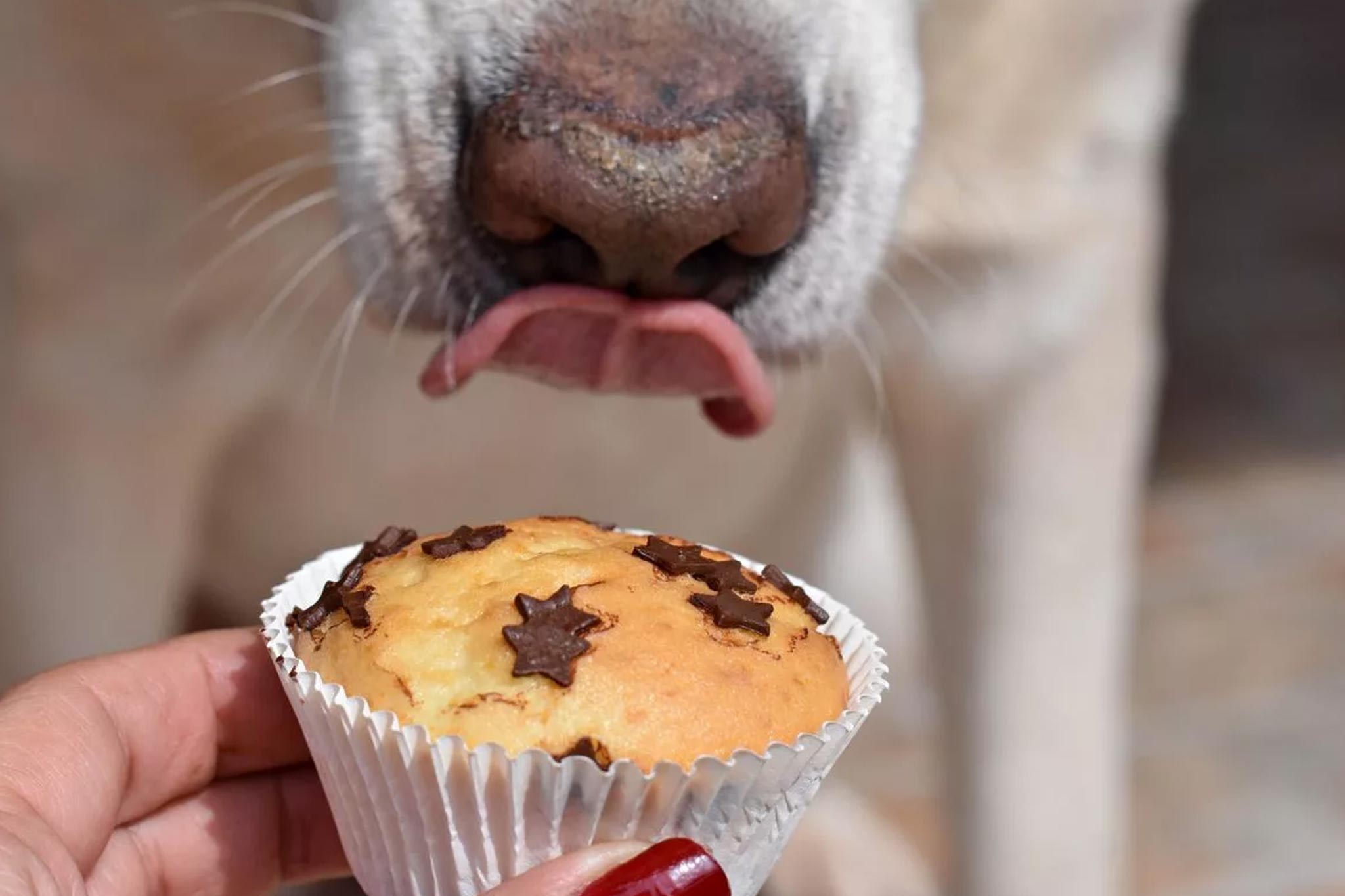3 Reasons Why Dogs Can’t Have Chocolate in Canton, GA
Most dog owners are aware that dogs cannot eat chocolate. They might not know why, but most pet owners are aware of the risks of chocolate for dogs. This is because the ingredient in the cocoa is toxic, and even a small amount of this food item might be fatal to some animals. Chocolate is one of those things that people need to be very careful about having in the home if they own a dog.
If you are not totally clear about the reasons that dogs should not have chocolate, this might be because you have owned a dog that ate chocolate and did not seem to get sick. While it is possible that a small amount of ingested chocolate will not make a dog sick, this does not mean that chocolate is any less toxic to dogs. The real question when dogs eat chocolate is how much they have eaten. The amount of chocolate ingested is linked directly to the toxicity of the dose. If you are ready to learn some more about the reasons why dogs can’t have chocolate, you need to keep reading.

1. Chocolate is Toxic for Dogs
Most people don’t realize that the ingredients in the cocoa are what can make a dog sick. The darker the chocolate, the more toxic it could be for a pet. Small amounts of milk chocolate candy might not cause harm, but dark baking chocolate or brownies made with lots of cocoa powder are more harmful. While white chocolate does not have the same amount of cocoa powder, it can still upset a dog’s stomach.
Chocolate in very small amounts might not make a dog sick, but dogs that ingest even a few candies made with chocolate can ingest a lethal amount of theobromine and caffeine. Dogs cannot metabolize either of these substances well, and this can lead to toxic compounds building up in their system until symptoms appear. Often, by the time symptoms are showing, it can be too late to save your dog’s life. This is not a mild toxicity, and you should take your dog to the veterinarian for treatment even if you are not sure how much chocolate your dog has ingested.
In the best-case scenario, your dog has not eaten much chocolate and can be observed for a while on IV fluids until it is clear that they are not going to get sick. If your dog has eaten a large amount of chocolate, however, taking your dog to the vet can be the difference between life and death. You should never hesitate to seek medical care for your dog if you are fairly certain that they have ingested chocolate in any quantity.
2. It Causes Organ Damage
Even if your dog is successfully treated for ingesting chocolate, they might suffer from long-term organ damage from the incident. The toxic compounds that your dog has been exposed to due to the ingested chocolate can cause liver damage and might also impact the health of your dog’s kidneys in the future as well. Organ damage is a very real risk for dogs that have ingested chocolate, even if they do not pass away from exposure to these toxins.
3. Chocolate Can Lead to Pancreatitis
If your dog is being exposed to small amounts of chocolate on a regular basis, they might not show acute symptoms for a time, but eventually, this toxic exposure will catch up with them. Dogs that have been consistently exposed to chocolate’s toxic compounds can end up with life-threatening pancreatitis. The original bout of pancreatitis can be deadly, but even if your dog survives this health issue, they might be more prone to pancreatic upset for the rest of their life. The changes to your dog’s overall health that can be caused by long-term exposure to small amounts of chocolate can make it hard to keep them healthy into old age.
Dogs with pancreatic attacks in their past will almost always have a shorter lifespan and suffer from long-term digestive struggles, as well as an increased risk of secondary pancreatic attacks. This is one of the harder health conditions to manage, particularly in large dogs, so it is never a good idea to give your dog chocolate just because they seem not to be getting sick.
What Do I Do if My Dog Eats Chocolate?
No matter how much chocolate you think your dog might have eaten, you should take your dog to the vet right away.
Go to the Veterinarian
Your vet will likely induce vomiting to be sure to get the chocolate out of their system, and most dogs are placed on observation at the vet clinic on IV fluids. It can take a few hours for the symptoms of chocolate toxicity to show up, so your vet will want to keep your dog close by in case they start to show symptoms.
Treatment Options
Treatments for toxicity are always most effective when they have been applied shortly after exposure. The longer that you wait to get help for your dog’s potential exposure to chocolate, the less likely it will be that your dog will lose its life to this exposure. Treatment for toxicity must be applied rapidly to secure maximum success.
Chocolate of all kinds can put your dog at risk as well, so do not assume that just because your dog ate dark chocolate, they are safe. All chocolate is an issue for dog health, and you will need to consider every kind of chocolate to be a risk to your dog’s well-being.
Chocolate is Something That Dogs Should Never Eat
Dogs should never eat chocolate for any reason. Even if your dog has eaten a small amount of chocolate and has not suffered ill effects, you should not assume that your dog will be fine to eat chocolate while other dogs are not. Chocolate is toxic to all dogs, and your dog is no exception. Make sure that you always keep chocolate that is in your home in a place where dogs cannot get access to it. Dogs love chocolate, and they are often drawn to its sweet smell, which is why you cannot just put your bag of mini candy bars on the counter and think your dog will stay away from it.
Chocolate poisoning can be very deadly to dogs, and the sooner that you get your dog to the vet, the better. Your vet will be able to provide treatment that might save your dog’s life. Always prevent small dose exposure of chocolate in dogs as well so that you do not expose your dog to the risk of pancreatic upset.
Call Riverstone Animal Hospital in Canton, GA
Need to talk with a veterinarian about what your dog ate? Call Riverstone Animal Hospital at (770) 479-7141 during regular business hours. If it is after regular business hours call their recommended emergency vet clinic.
